When Boris Johnson met with his cabinet in person for the first time in four months on Tuesday, his aim was simple: to boost morale. He was conscious that the replacement of normal meetings with virtual ones had led to ministers feeling muted. He believed that giving everyone some face-to-face time would help, and pushed hard for an actual meeting.
Already a subscriber? Log in
Subscribe for just $2 a week
Try a month of The Spectator Australia absolutely free and without commitment. Not only that but – if you choose to continue – you’ll pay just $2 a week for your first year.
- Unlimited access to spectator.com.au and app
- The weekly edition on the Spectator Australia app
- Spectator podcasts and newsletters
- Full access to spectator.co.uk
Or
Unlock this article
Spectator.co.uk/podcast
Katy Balls and Conservative Home editor Paul Goodman on red wall Tories.
You might disagree with half of it, but you’ll enjoy reading all of it. Try your first month for free, then just $2 a week for the remainder of your first year.


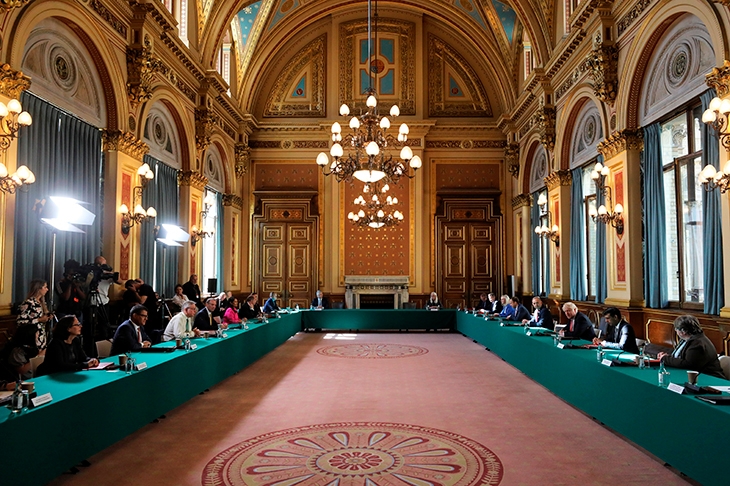
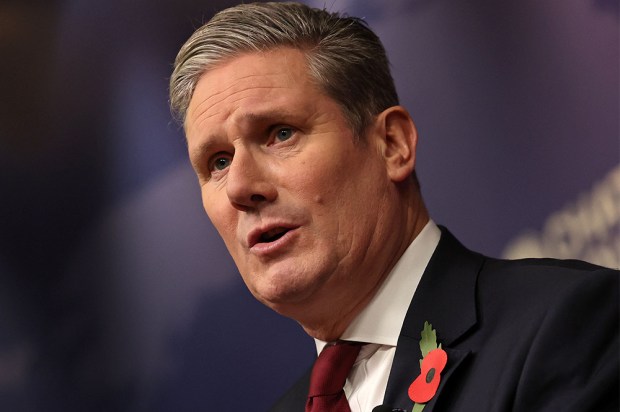
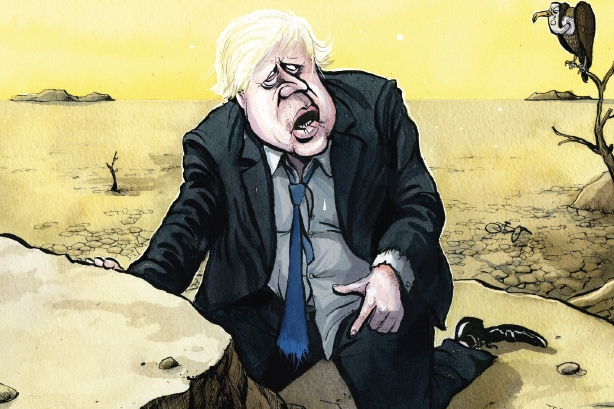
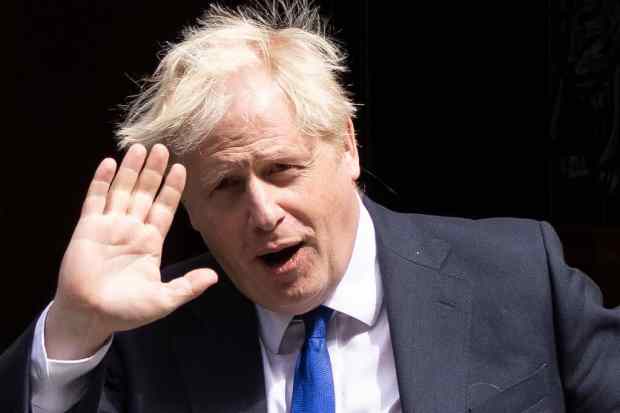
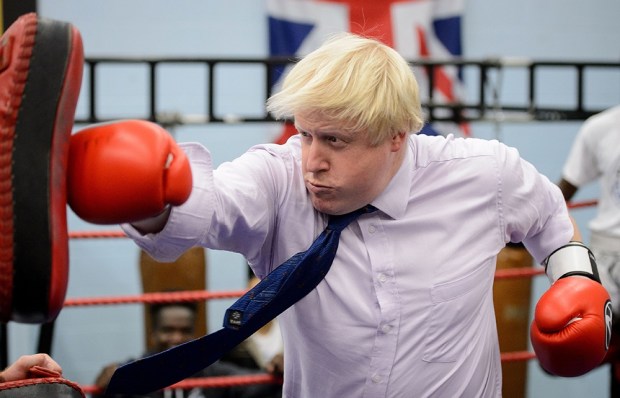

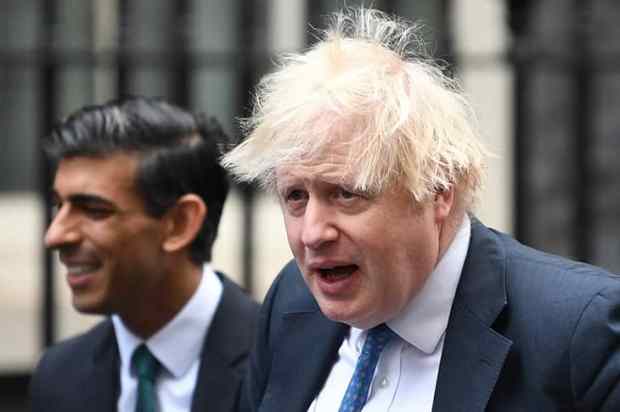






Comments
Don't miss out
Join the conversation with other Spectator Australia readers. Subscribe to leave a comment.
SUBSCRIBEAlready a subscriber? Log in